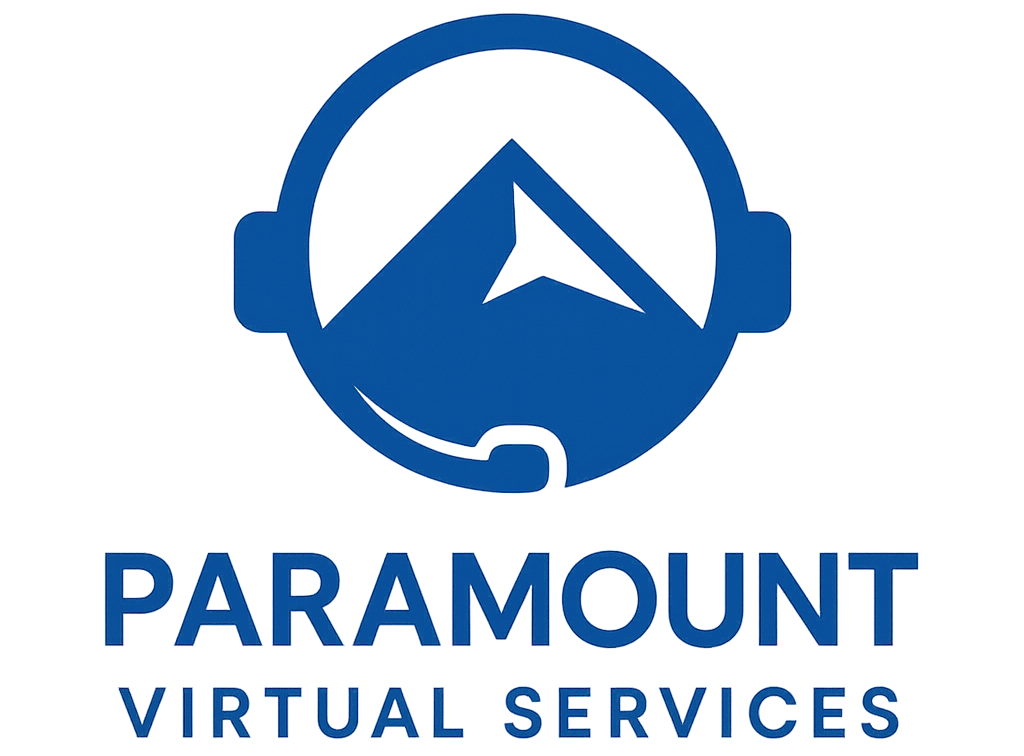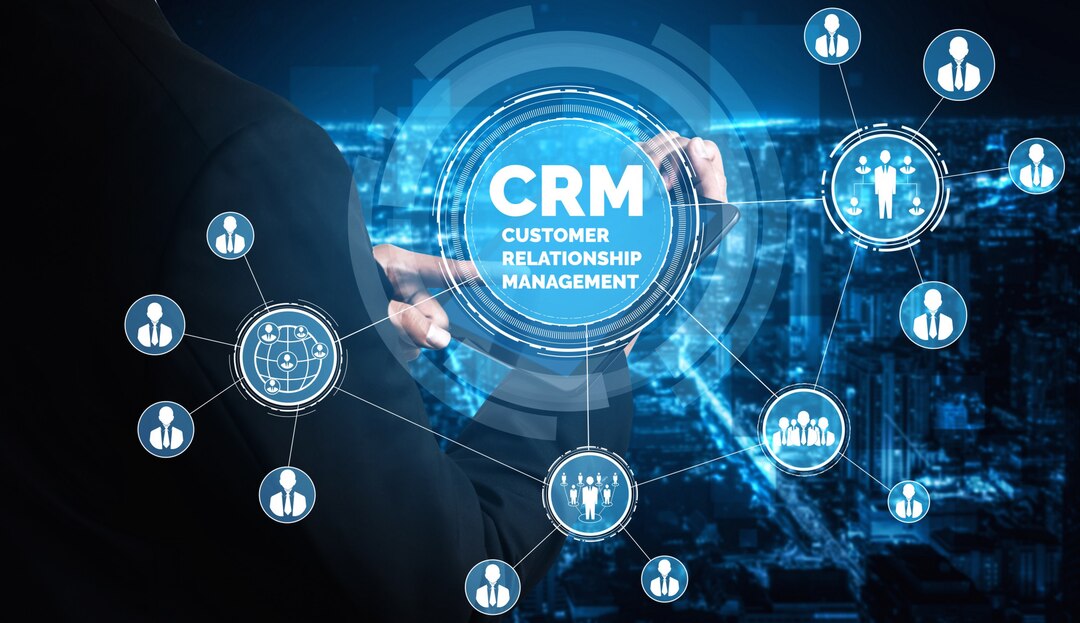In the world of modern business, exceptional customer service isn’t just a “nice-to-have”—it’s a competitive necessity. And behind every successful customer service team, there’s usually a powerful Customer Relationship Management (CRM) system at work.
CRM tools are not just for sales—they are fundamental to how businesses interact with, serve, and retain their customers. Let’s explore why CRM is so important for customer service success, and how it transforms support teams into well-oiled, customer-pleasing machines.
1. Centralized Customer Information
One of the most valuable features of a CRM is its ability to consolidate customer data in one place. From past purchases to email history, preferences, and even support tickets, everything is stored and accessible in real-time.
This gives your customer service team a 360-degree view of the customer. When a customer reaches out, your team already knows who they are, what they’ve bought, and any previous issues they’ve had. This allows support agents to respond faster and more accurately.
✅ No more asking the same questions over and over.
✅ No more bouncing between tools or digging through emails.
2. Faster and More Efficient Issue Resolution
With all customer data and previous interactions logged in the CRM, support agents don’t waste time searching for information. They can jump straight to resolving the issue. Most CRM tools even provide a timeline of interactions and case notes, which makes handoffs between team members seamless.
Many CRMs also allow for automated ticket routing, ensuring inquiries get to the right person instantly. That means less waiting for your customers and a better overall experience.
3. Personalized Customer Experiences
CRM systems allow your business to go beyond generic responses. Agents can greet customers by name, reference their history, and offer personalized solutions. This builds rapport and makes customers feel valued—something that generic helpdesk responses simply cannot do.
For example:
“Hi Amanda, I saw that your last order arrived two days late. I want to make sure that doesn’t happen again.”
That’s the kind of attention that builds customer loyalty.
4. Improved Communication Across Teams
In many businesses, customer service overlaps with sales, marketing, and even operations. CRM connects these departments by ensuring everyone is working from the same set of information. This reduces miscommunication, duplicate efforts, and helps resolve issues faster.
Example:
- A customer emails support about a missing item.
- The support agent sees that the warehouse was already alerted via CRM.
- They update the customer immediately instead of checking manually.
This internal transparency improves speed and accuracy, which boosts customer satisfaction.
5. Automated Workflows and Follow-ups
CRM platforms like HubSpot, Salesforce, or Zoho come with automation features that save time and enhance service quality. These may include:
- Auto-replies acknowledging inquiries
- Follow-up reminders for agents
- Escalation triggers if an issue is unresolved for a certain time
This level of automation ensures no customer falls through the cracks, even during busy times.
6. Analytics and Customer Service Insights
Want to know how well your team is doing? CRMs generate detailed reports and dashboards that give you insights into:
- Response time
- Resolution time
- Common support issues
- Customer satisfaction (CSAT) scores
These metrics are essential for identifying gaps, improving training, and tracking performance over time. Without a CRM, this type of data is either lost or takes too long to collect manually.
7. Boosts Customer Retention and Loyalty
Happy customers are loyal customers. CRM tools help your team deliver consistent and high-quality service, which leads to better retention. In fact, many businesses use CRM to track customer health scores and set up alerts if a client is at risk of leaving.
You can proactively reach out to offer help, discounts, or additional value—long before the customer decides to leave. That proactive support is the difference between a one-time buyer and a lifelong fan.
8. Integration With Other Tools
Modern CRM systems integrate with:
- Live chat platforms (e.g., Intercom, Zendesk)
- Email marketing tools
- Social media
- Helpdesk software
- E-commerce platforms
This connected ecosystem allows your customer service team to respond from any channel with full context, maintaining a unified voice and brand tone across platforms.
9. Supports Omnichannel Support
Your customers reach out from everywhere—Instagram, your website, email, even WhatsApp. A CRM with omnichannel support capabilities consolidates all those messages into one interface. That means no customer gets ignored just because they contacted you through an “unusual” channel.
It’s this type of consistency that customers remember—and recommend.
10. Scalability as You Grow
As your business grows, so does your customer base. A good CRM grows with you. It enables you to:
- Add more agents
- Handle higher volumes of requests
- Maintain service quality
Small business? You can start simple. Enterprise-level company? You can go big with AI, chatbots, and predictive analytics. Either way, CRM ensures your customer support can scale without losing its personal touch.
Final Thoughts
If you want to build a business that keeps customers happy, loyal, and coming back for more, investing in a solid CRM system is non-negotiable. It streamlines support processes, empowers your team, and gives customers the personalized service they expect in 2025 and beyond.
Whether you’re a startup or an established brand, a CRM helps you turn every support interaction into a relationship-building opportunity. And that, in today’s competitive landscape, is what sets the great businesses apart from the good ones.







